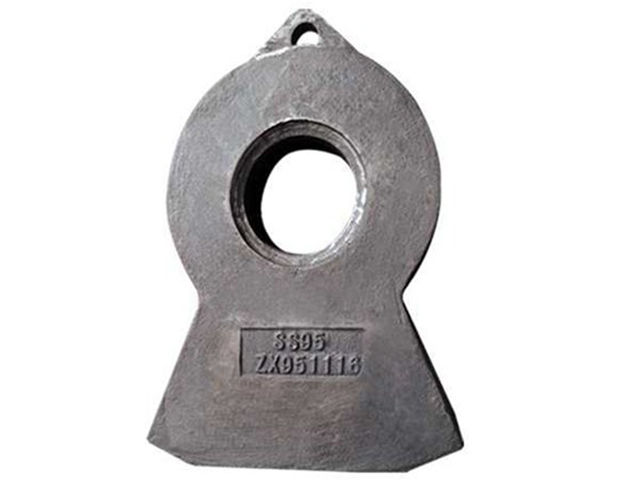Unveiling the Best Material for Shredder Hammers in Metal Recycling: A Comprehensive Guide
When it comes to metal recycling, selecting the right material for shredder hammers is crucial for achieving efficient and effective shredding operations. In this comprehensive guide, we will explore the key factors that influence material selection and unveil the best material options for shredder hammers in metal recycling applications.
Understanding Metal Shredding
Metal shredding plays a vital role in the recycling industry, where various metals such as steel, aluminum, copper, and others are processed into smaller, more manageable pieces. Shredder hammers are essential components that deliver the necessary impact force to break down and shred these metals effectively.
Factors Influencing Material Selection
Choosing the best material for shredder hammers in metal recycling requires careful consideration of the following factors:
- Wear Resistance: Metal recycling involves shredding and processing abrasive metal materials. Opting for a material with exceptional wear resistance is crucial to ensure prolonged hammer life and minimize downtime caused by frequent replacements.
- Impact Strength: The shredding process generates high-impact forces, necessitating hammers with exceptional impact strength to withstand the demanding conditions and effectively break down the metals.
- Toughness and Durability: Metals can vary in hardness and toughness, requiring shredder hammers that possess high toughness and durability to handle different types of metal and withstand potential contaminants in the recycling stream.
Best Material Options for Shredder Hammers in Metal Recycling
Based on extensive research and industry expertise, the following materials have proven to deliver exceptional performance in metal shredding applications:
- High Alloy Steel: High alloy steel, such as manganese steel or chromium-molybdenum steel, is a popular choice for shredder hammers in metal recycling. It offers excellent wear resistance, impact strength, and toughness, making it suitable for shredding a wide range of metals. Such as CH Casting’s DH series hammers.
- Carbide-Tipped Hammers: Incorporating carbide tips or inserts into shredder hammers significantly enhances wear resistance and extends service life. Carbide tips are particularly effective for shredding highly abrasive metals and provide superior durability and performance. Such as CH Casting’s TIH series hammers.
- Hardfacing Overlays: Applying hardfacing overlays, such as tungsten carbide or chromium carbide, to the working surfaces of shredder hammers can greatly enhance wear resistance. These overlays provide an extra layer of protection against abrasion, prolonging the hammer life and improving shredding efficiency.
Conclusion
Selecting the best material for shredder hammers in metal recycling is a critical decision that directly impacts the efficiency and productivity of your shredding operations. Considering factors such as wear resistance, impact strength, toughness, and durability, materials like high alloy steel, carbide-tipped hammers, and hardfacing overlays have demonstrated excellent performance in metal shredding applications.
Collaborating with reputable manufacturers who specialize in producing high-quality shredder hammers using these materials ensures reliable performance and optimized productivity in your metal recycling processes. By making an informed choice and investing in the right materials, you can elevate your metal shredding operations to new levels of success, maximizing the value of recycled metals and contributing to a more sustainable future.



